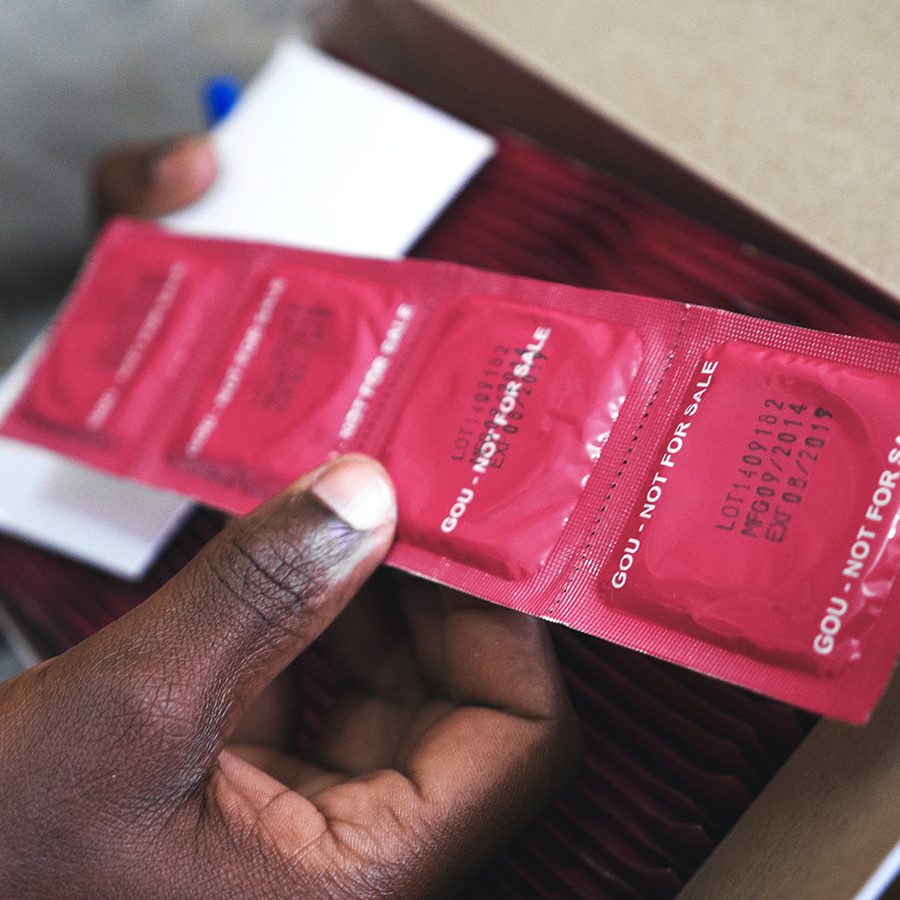A team of behavioral health scientists at innovation Research & Training (iRT),
led by Dr. Tracy Scull, Dr. Christina Dodson, and Dr. Janis Kupersmidt, has been funded by the Eunice Kennedy Shriver National Institute of Child Health and Human Development (NICHD) to conduct a large research study with the aim of better understanding how to provide resources and programming to enhance the sexual and relationship health of community college students and prevent sexual assault. As part of this study, students complete a new online sexual and relationship health education program.
iRT is a behavioral sciences research company committed to identifying and solving significant real-world problems facing children, families, communities, and organizations. By applying scientific theories, findings, and methods, iRT researchers develop and evaluate behavioral, educational, psychological, social, and community assessment, prevention, and treatment programs and services. Its staff includes experts in basic and applied psychology in the areas of substance abuse prevention and treatment, mentoring, social and emotional learning, mindfulness education, media literacy education, unplanned pregnancy prevention and sexual health promotion, violence and bullying prevention, child and adolescent mental health, and adult and juvenile justice programs.
NICHD is one of the National Institutes of Health (NIH) in the United States Department of Health and Human Services. NICHD’s mission is to lead research and training to understand human development, improve reproductive health, enhance the lives of children and adolescents, and optimize abilities for all.
Watch the video below to learn more about the Community College Health Study!
Over 1,500 students and 50 faculty/admin from 34 community college campuses across the U.S. participated in the Community College Health Study.
Click the button below to download the first issue of the Community College Health Study to read more about the characteristics of campuses and students included in this large, national sample.
Why is the study important?
Community college students deserve access to sexual and relationship health resources that can help them manage their health, well-being, and educational and vocational success. While community college students make up nearly half of all undergraduates in the United States, they are often overlooked by research and underserved by sexual health resources.

STIs
Young people (ages 15-24) acquire half of all new sexually transmitted infections (STIs).

Teen Pregnancy
Most teen pregnancies occur among 18- to 19-year-olds.

Sexual Assault
More than one in eight students experience sexual assault while enrolled in college.

Relationship Issues
More than one in three college students report relationship problems within the last 12 months.
With the help of community college staff and students from across the country, we want to find the most effective and accessible way to give students the information they need and help campuses promote student sexual and relationship health. We hope the Community College Health Study will help prevent STIs, prevent unplanned pregnancies, promote healthy relationships, and empower students to take charge of their health.
Contact us if you have any questions about the study.

What have student participants done as part of the study?
Students were asked to review an online program about sexual and relationship health and complete a few online questionnaires about their sexual health, relationships, media use, and previous experiences with sex education.
What can student participants do next to continue participating in the Community College Health Study?
Student participants in the Community College Health Study now have the opportunity to participate in more study activities to earn Amazon gift cards. Existing participants should have received an email from us with instructions for how to sign up. If you did not, email us at cchstudy@irtinc.us with your name, email, and phone number, so we can make sure you stay informed about new opportunities to get involved.
What have personnel participants, including faculty, staff, and admin, done as part of the study?
We recruited community college faculty, staff, and administrators to be a part of this study to help us understand the needs of community college campuses in promoting student sexual and relationship health – including potential barriers and facilitators to implementing evidence-based programming. Community college faculty, staff, and administrators that participated in this study reviewed a brief demo of a sexual and relationship health promotion program for students and provided feedback via an online survey and interview with our research team.